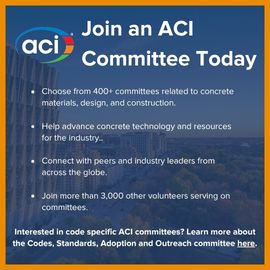
Towards codes on every continent: Antarctica adopts the International Codes
In the years since their creation in the United States, the International Codes (I-Codes) have truly earned their “international” prefix. In the Americas, the I-Codes are used in all 50 of the U.S. states and in the U.S. territories of Guam, Puerto Rico, the U.S. Virgin Islands and the Mariana Islands. They are used in the Caribbean, Mexico, and in Central and South America. The I-Codes are used as the basis for building codes in Europe, Africa and the Middle East, including in the Republic of Georgia, Ghana, Saudi Arabia and Abu Dhabi. Many other jurisdictions around the world, such as Qatar and Dubai, will accept architectural plans drawn to the International Building Code. However, there has always been one icy holdout: Antarctica.
In Antarctica, the U.S. Antarctic Program (USAP) is managed by the National Science Foundation (NSF) Office of Polar Programs. The USAP furthers the United States’ goals of fostering cooperative research with other nations and supporting research that can only be, or is best accomplished, in Antarctica. The NSF maintains three year-round research stations on the continent comprised of several hundred buildings and structures, supporting research and logistical support personnel.
Antarctica is a holdout no longer. In June of this year, the NSF formally adopted the I-Codes for its stations on our planet’s southernmost continent. The USAP has adopted the 2018 editions of the International Building Code, the International Fire Code and the International Existing Building Code. This is by far the furthest south that an I-Code has been adopted.
Mike Gencarelli, a planning manager in the NSF’s Office of Polar Programs, explained how the I-Code adoption will help the NSF solicit outside design and construction work with smoother processes and greater confidence. “The formally amended and adopted codes provide NSF with a standard baseline to which all buildings and structures must comply, along with a process for enforcement,” Gencarelli explained. “This is important to us because Antarctica is the coldest location on earth, and we want to utilize code requirements to our advantage. Adopting the I-Codes will also mean USAP can provide facilities that meet a consistent set of standards and allow outside architects, engineers and contractors with a known way to meet our requirements on future work.”
Beyond keeping America’s scientists and support staff safe and warm, International Code Council Chief Executive Officer Dominic Sims, CBO, adds that “adoptions of the I-Codes increases health and safety in the built environment, increases resiliency, provides clear standards for builders and increases confidence for building occupants. The Code Council is delighted to welcome Antarctica into the I-Codes family.”







